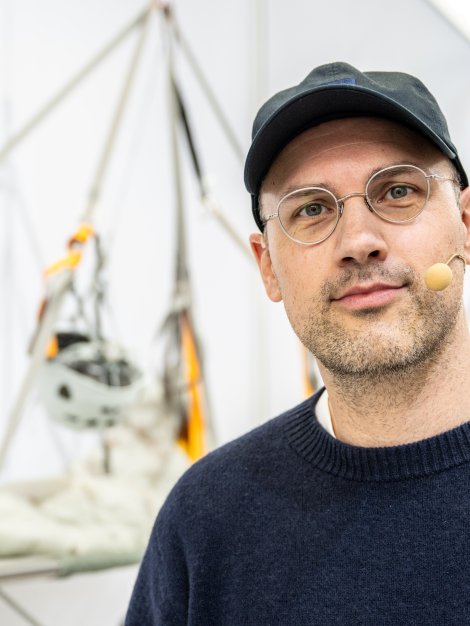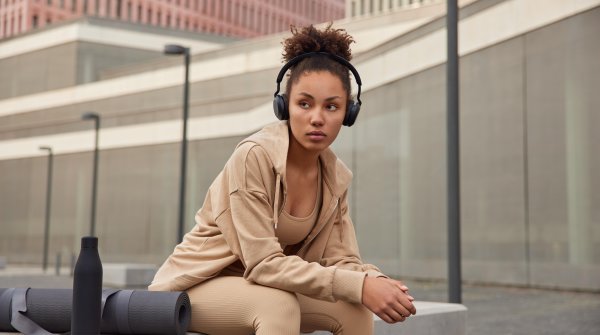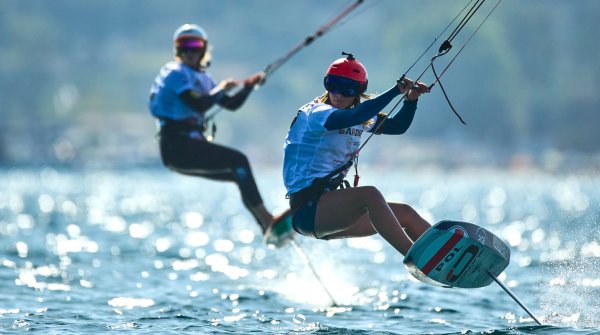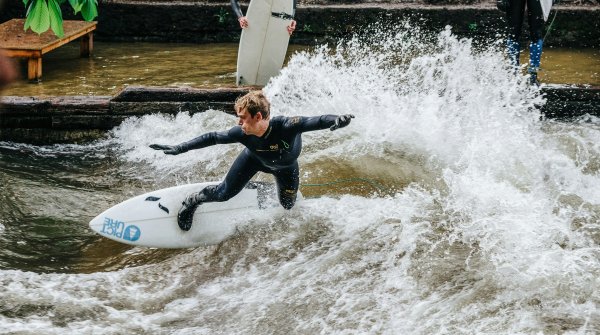ISPO.com: How did the corporation with ISPO come about?
David Fischer: It’s a good question. So we've been speaking to ISPO for quite a while. And it felt like the ISPO obviously saw this new emergence of cultural consumer entering the outdoor space. And it felt like we were in the right partner to help them deliver that consumer and help them bridge the two worlds as a curator, as a partner, regards to inspiration and entertainment. And to really ultimately build this new world around the ISPO at the intersection of culture and the outdoors. And we could of course not have been more thrilled to be asked to support on that journey, as it’s a space that we are also very, very passionate about.
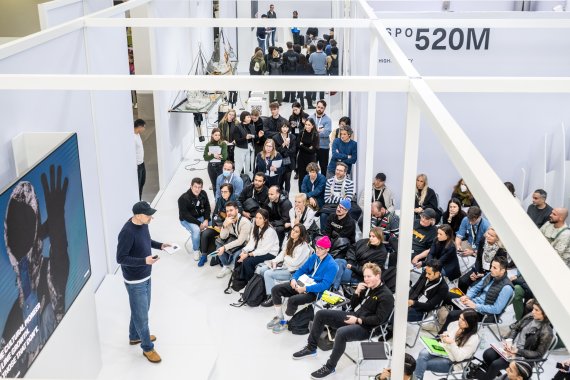
How do you see the interplay between sports and culture?
I think sports and culture have a very natural intersection, and we’ve seen it in many different places. We’ve seen it in more traditional sports, from you know football to basketball, and now I think we’re seeing it increasingly also in the world of outdoors. It’s normal that cultural consumers also wants to enter those spaces and of course wants to see the codes that trigger them in this new world. And I think it’s really exciting to see the messages and the codes of the brands and outdoor space changing and adapting to reach that new consumer.
What trends and challenges do you see for the sporty industry?
As with every industry, there are lots of challenges and lots of opportunities. I think the sport space probably more than most others needs to wrap their head around the idea of sustainability. You know especially a space that interacts so much with nature and the outdoors needs to play a key role in driving the topic of sustainability forward and a circular lifestyle. So I thinks that’s one of the main challenges, and I think the opportunities beyond that are of course endless. People will always want to be active, people will always want to do sport, and so I think there’s a plethora of opportunities ahead for the market.
And for the fashion industry?
You guys are opening a can of worms here. I think the fashion industry of course also needs to very much tackle the space of sustainability. It’s one of the most polluting industries in the world. I don’t think we can hide that. And so really figuring out how they can keep staying connected with the consumer while also doing the right thing for our planet is one of the key challenges that lies ahead.
Do you feel that sport influences culture and vice versa?
I absolutely believe that sport influences culture. I think we’ve always seen that. I think the world cup in Qatar in a phenomenal example of that. When we see what happens around it and the significant impact that it has on culture and the significant conversation that it creates around sport and culture at large. So I’m convinced that these are two worlds that need to work together towards that very much influence one another. And I think that’s also what’s ultimately so exciting about it.
How do you see collaborations between fashion and sport brands? Has this been a hype in the last five years?
Obviously, fashion and sport brands has been collaborating for quite a while already. It’s ultimately about reaching a new type of consumer that in this case the fashion industry did not reach before. It’s a young consumer, it’s a cultural more aware consumer. And the fashion industry is ultimately building a bridge to that consumer through sports and sport brands. At the same time, fashion and luxury brands have allowed sport brands to also reach a new consumer. To reach new pricing within their brands and brand strategies. It’s ultimately a good trade for both sides. They're both able to reach new pockets of the market that they weren’t able to reach before. And that’s why I also believe that there is a big future for collaborations between fashion and sport brands.
How important are or will athletes become as fashion icons?
Athletes have always been important as fashion icons, or at least we’ve always had cases of that happening. I think that will be increasingly part of being an athlete, it’s how you structure your career post sport. Also the sheer magnet to it of the reach that fashion athletes have will of course play an important role for culture and for fashion at large.
Is the metaverse a theme that brand should be involved big or not?
I think if you had asked me about the metaverse a year ago the answer might have been a little bit different, but nevertheless I believe in the underline technology of the metaverse. I believe in blockchain and the opportunities, that that market has for the fashion and lifestyle space. So I think as a brand, you do want to understand that space. The current circumstances allow you to take your time in going into that space and doing it the right way. But I think the metaverse, let’s say how we understood it a couple of years ago, is maybe not something that everybody has to be a part of. But the underline technology that is coming out now, that is something that every single brand needs to embrace and will have as part of their brand strategy ind the future.
Is Urban Culture a megatrend?
I’m not sure “Urban Culture” is really a word that I would still use to be honest. It feels a bit like a description of the space that High Snobiety is in 10 to 15 years ago. But if Urban Culture means the coming together of street culture, of music, of skateboarding and these different worlds than of course I absolutely believe in it as a megatrend and one that is to stay.
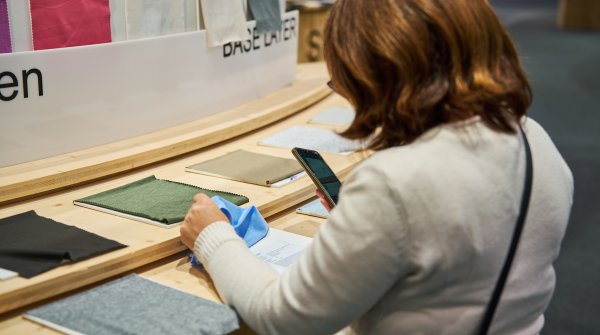 Sports BusinessHow ISPO Extends the Trade Fair Experience All Year Round
Sports BusinessHow ISPO Extends the Trade Fair Experience All Year Round Sports BusinessISPO Textrends: Textile Innovations for Fall/Winter 2027/28
Sports BusinessISPO Textrends: Textile Innovations for Fall/Winter 2027/28
- ISPO awards
- Mountain sports
- Bike
- Design
- Retail
- Fitness
- Health
- ISPO Job Market
- ISPO Munich
- ISPO Shanghai
- Running
- Brands
- Sustainability
- Olympia
- OutDoor
- Promotion
- Sports Business
- ISPO Textrends
- Triathlon
- Water sports
- Winter sports
- eSports
- SportsTech
- OutDoor by ISPO
- Heroes
- Transformation
- Sport Fashion
- Urban Culture
- Challenges of a CEO
- Trade fairs
- Sports
- Find the Balance
- Product reviews
- Newsletter Exclusive Area
- Magazine
